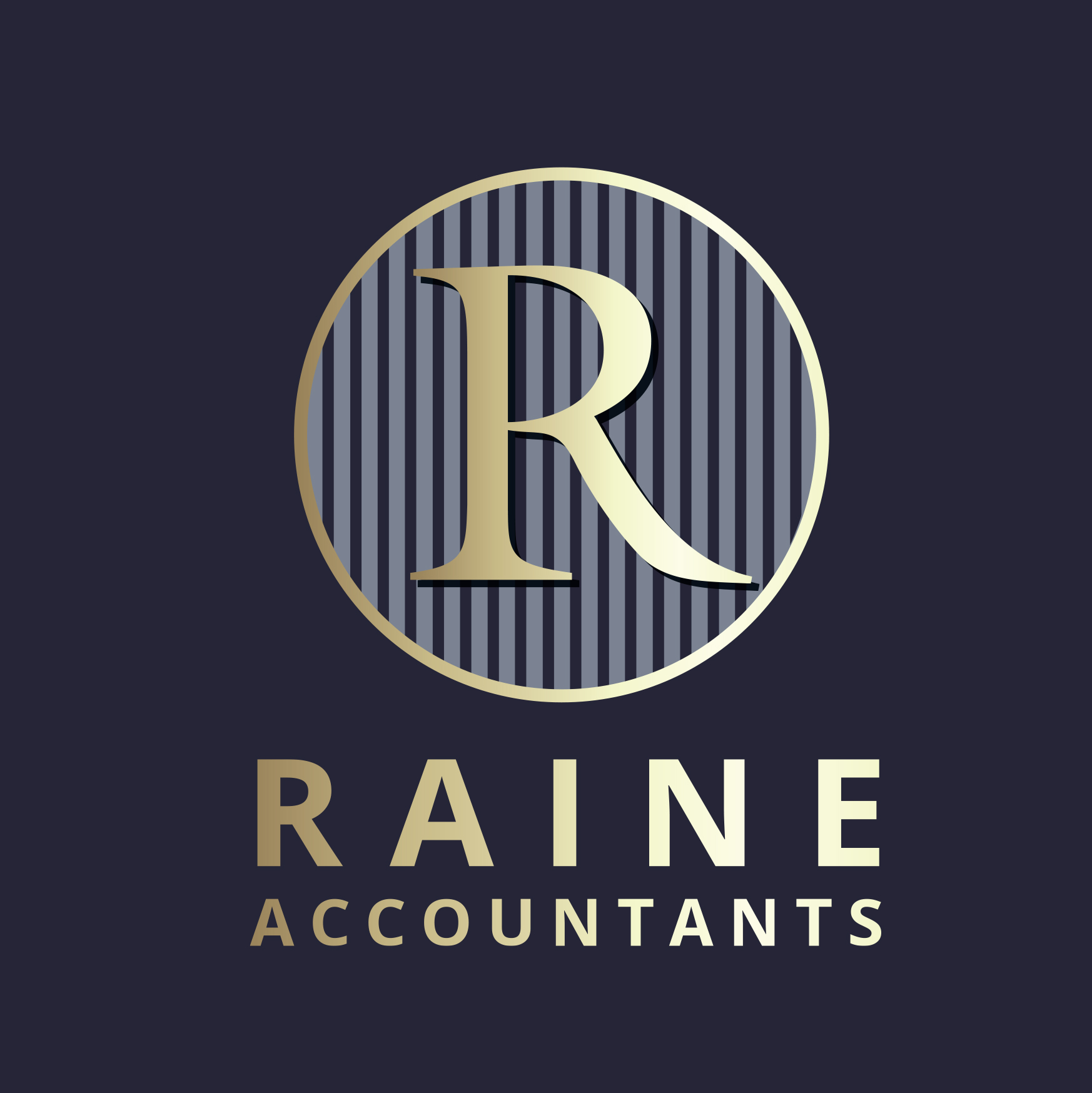Managing expenses wisely is an important part of running a profitable business. Claiming allowable business expenses helps to keep your company tax-efficient by reducing your taxable profit and therefore your Corporation Tax bill.
_________________________________________________________________________________________
What Counts as an Allowable Expense?
An allowable expense must be ‘wholly, exclusively and necessary’ for the purpose of running your business. In other words, if it’s genuinely a business cost, you can usually claim it.
Your company can claim day-to-day running costs, including:
Office and Home Working
- Office rent, utilities and business rates
- If you work from home, you can claim a proportion of household bills (electricity, gas, internet)
- Phone and broadband contracts (in the company’s name)
Travel and Vehicles
- Business travel costs: fuel, parking, train, bus or taxi fares
- Mileage allowance (45p per mile for cars, 25p after 10,000 miles)
- Flights and hotels when travelling for work
- Travel not claimable: daily commuting between home and office
Staff and Professional Costs
- Director and employee salaries
- Employer’s National Insurance contributions and pensions
- Subcontractors (but watch IR35 rules)
- Professional services: accountants, solicitors, business consultants
Marketing and Training
- Website design, hosting and domain fees
- Advertising: social media, Google Ads, flyers
- Training courses relevant to your role or business needs
Entertaining
- Staff entertaining (like the annual Christmas party) is allowable, provided it costs less than £150 per head and is open to all staff
Equipment and Capital Allowances
Not everything is treated as a simple running cost. Assets like machinery, computers or company vehicles usually fall under capital allowances.
- Annual Investment Allowance (AIA): lets you deduct the full cost of most assets up to a set limit (currently £1 million)
- Writing down allowance: for assets not fully claimable in year one
- Special rates: for cars and integral building features
Expenses You Can’t Claim
Not every cost is deductible. The following are not allowable expenses:
- Client entertainment
- Everyday clothing (unless protective or branded)
- Fines and penalties
- Dividends (these are profit distributions, not expenses)
- Legal fees for buying property
Record Keeping and HMRC Compliance
Limited companies are required to keep detailed records of all income and expenses. That means:
- Receipts and invoices
- Mileage logs
- Payroll records
- Evidence of apportionment for mixed-use costs (like home utilities)
Why Work With an Accountant?
An accountant can:
- Ensure you claim everything you’re entitled to
- Help you decide between expenses vs capital allowances
- Keep you HMRC-compliant and penalty-free
At Raine Accountants, we help limited companies make the most of their expenses and keep their Corporation Tax bills as low as possible.
Claiming the right expenses can save your limited company thousands each year. The key is knowing the rules, keeping good records and understanding what HMRC will (and won’t) accept.
